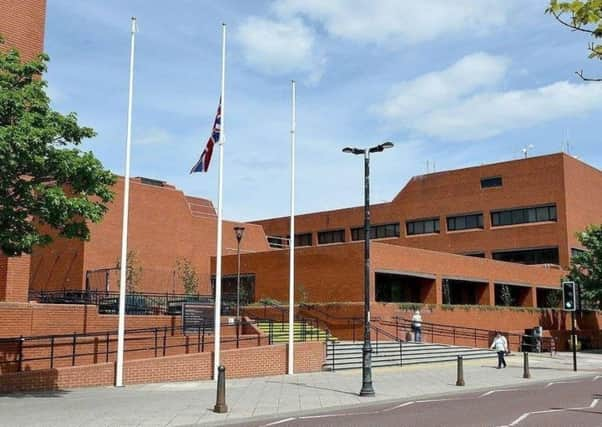School exclusions rocket ten-fold in Hartlepool since 2010: Council chiefs look into reasons for rise


In 2016-17, secondary schools in Hartlepool handed out 1,432 exclusions to children, latest Department for Education data shows.
This was a rate of 26 exclusions for every 100 pupils.
In 2010-11, there were just 134 exclusions, or two per 100 pupils.
Advertisement
Hide AdAdvertisement
Hide AdHartlepool Borough Council said exclusions are the last resort and they are investigating why figures have risen so they can introduce measures to reduce the numbers.
A council spokesperson said: “Together with our schools, we are doing the very best we can to offer specialist support to individual pupils to try to avoid exclusions and ensure every child receives the best education they can.
“However, this is made extremely difficult by the substantial funding pressures we face from increasing Government cuts.
“We are continuing to work closely with our maintained schools and academies to understand why exclusion rates may have risen, and put measures in place to try to reduce these figures.
Advertisement
Hide AdAdvertisement
Hide Ad“We would stress that exclusions are a last resort, after all other avenues have been exhausted.”
Earlier this month police commissioners from seven forces across England and Wales wrote to Prime Minister Theresa May, calling for urgent action to fix the ‘broken’ school system.
The letter argues that exclusions put vulnerable children at risk of being sucked into violent crime.
They also call for off-rolling – where pupils are removed from the school roll without a formal exclusion – to be outlawed, and for greater funding for schools to improve early intervention for children at risk of exclusion.
Advertisement
Hide AdAdvertisement
Hide AdThe National Association of Headteachers said it backed the majority of the police chiefs’ points.
However, it added that violent crime was the result of ‘deep-seated problems’ – including poverty, inequality, and cuts to police and council budgets – and could not be blamed on exclusions alone.
And school inspections watchdog Ofsted said it had seen no convincing evidence that exclusions lead to knife crime or gang violence.
Across the country, exclusions have increased by 12% since 2010, climbing from 276,350 to 309,275.
Advertisement
Hide AdAdvertisement
Hide AdThe sharpest increase was in permanent exclusions, which have increased by 46% to 6,385.
A Department for Education said it is vital that young people who are excluded from school are able to engage with high-quality teaching and education.
A spokesman said: “That’s why we have launched a £4million fund which is delivering projects to improve outcomes for children in alternative provision, including pupil referral units.”